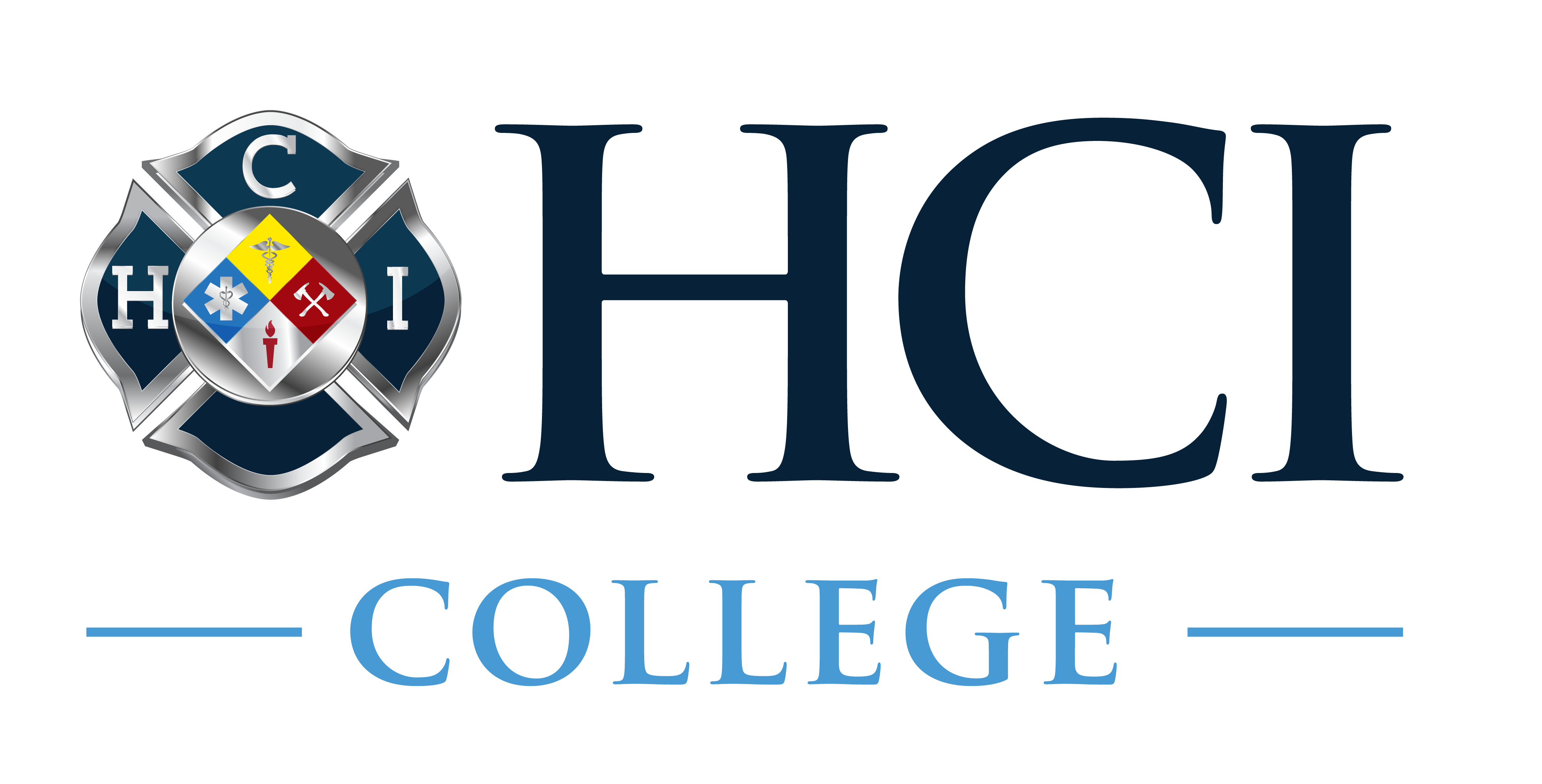Learn About Emergency Cardiac Care (ECC)
![]()
The American Heart Association offers Emergency Cardiac Care programs with the hope of increasing survival rates and the quality of life for victims of stroke and heart attack. Emergency Cardiac Care programs educate more than 12 million people every year by training healthcare providers, caregivers, and the general public on how to respond to these medical emergencies.
Advanced treatments have enhanced the chance of survival from cardiovascular emergencies, such as cardiac arrest and stroke. These new treatments offer the hope of an improved quality of life for people who suffer from cardiovascular events.
ECC Mission
The ECC Programs Department is responsible for carrying out program initiatives, and giving advice and support to the ECC Training Network. The American Heart Association’s ECC Program mission is to reduce disability and death from circulatory and respiratory emergencies, by strengthening the chain of survival in every community and every health care system.
- ECC Guiding Philosophy
- Improve the Chain of Survival in Every Community
- Increase Quality, Timeliness of Materials
- Identify, Expand Training
- Document Effectiveness
- Improve Efficiency
Chain of Survival
Chain of survival is the sequence of steps proposed by the American Heart Association for managing early cardiac arrest. Having a strong chain of survival can increase the chance of survival for those who suffer from a heart attack, stroke, and other medical emergencies.
- Prompt recognition of cardiac arrest
- Early CPR with an emphasis on chest compressions
- Rapid defibrillation
- Effective advanced life support
- Continuous post-cardiac arrest care















